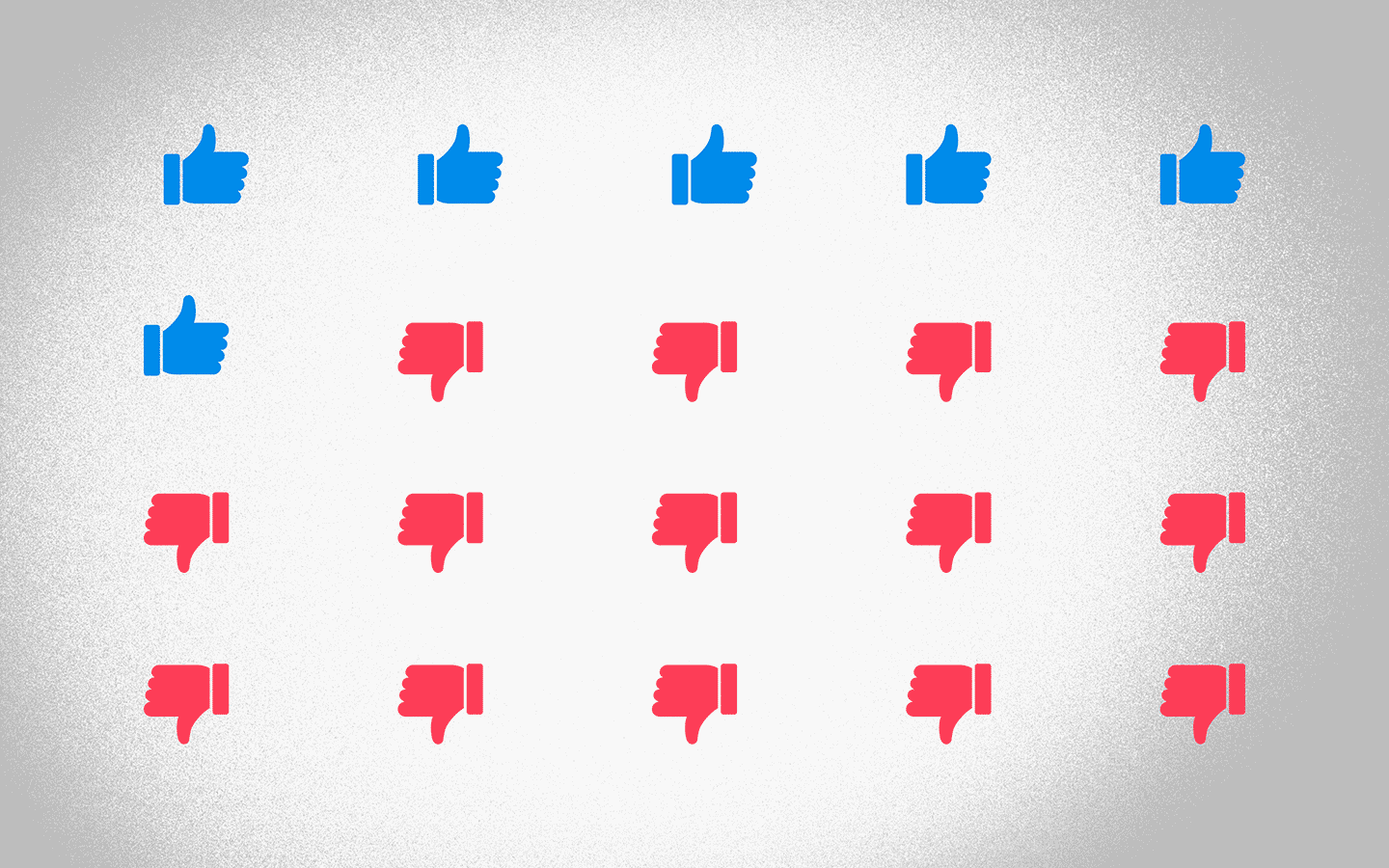
Facebook first announced such a possibility in November 2018 in a note posted to the platform by its CEO Mark Zuckerberg. In the face of conflicting characterizations and persistent controversy surrounding Facebook’s business activities, how do lawyers, particularly business lawyers, understand and evaluate Oversight Board’s novel construction, that claims to incorporate principles of the rule of law and international human rights into the core of its activities? The Structures of Oversight BoardĪs one of the world’s largest and most prominent social media platforms, Facebook has responded to increasing demand for the regulation of social media companies in a novel manner, by creating a separate private business entity to advise a narrow band of its content decisions. Most recently, placing board members on par with journalists, academics, and other members of civil society, the board characterized its work as a mere “part” of a “collective effort” to steer Facebook towards greater transparency. In stark contrast, Oversight Board uses more narrow terminology to describe itself, using little more than its own highly suggestive name and sharply defined contractual terms.


Oversight Board has been referred to as “an elaborate structure for a supposedly independent body to review…content decisions” and “a group of own making.” It has also been called an “independent body,” an “independent panel,” and a “quasi-independent oversight board.” Some reports have gone so far as calling it Facebook’s “Supreme Court,” “a quasi-judicial organization,” or even an “international human rights tribunal.” These descriptions are neither fitting nor accurate. Press reports have referred to Facebook’s Oversight Board using a range of descriptors from the cynical to the ridiculous.
#Oversight board facebookrobertson theverge series
This article is the third in a series on intersections between business law and the rule of law and their importance for business lawyers, created by the American Bar Association Business Law Section’s Rule of Law Working Group. Diversity and Inclusion in the Profession.Recent Developments in Business and Corporate Litigation.Short videos on M&A concepts, created by Hotshot and the M&A Committee. Business Regulation & Regulated Industries.Business Litigation & Dispute Resolution.Maybe so, but it is a disappointing limitation and represents an uncharacteristically incremental approach from a company famous for “moving fast.” It is important to hold Facebook to its commitment that this will be changed in the near future.
#Oversight board facebookrobertson theverge free
Indeed, on a press call, Facebook made this bias toward leaving things up explicit: The limited ambit of operations to start is “due to the way our existing content moderation system works, and in line with Facebook’s commitment to free expression” (emphasis added). For those in favor of more accurate calls generally, not so much. For those in favor of longer rallies - which probably includes the broadcasters and advertisers - this is a win, because only those rallies cut short can be appealed. It is like introducing video appeals to tennis to make calls more accurate but allowing players a review only when balls are called “out” and not when a ball is called “in,” no matter how erroneous the call seems.


Limiting the board’s jurisdiction to take-down decisions stacks the deck somewhat. “I think this political ads issue of how do you treat political speech is exactly the kind of thing where it would be very interesting to see how the board thinks,” he says. Nick Clegg, the former UK deputy prime minister who is now Facebook’s head of global policy and communications, confirms this. It’s almost as if the whole project was created specifically to rule on Zuckerberg’s stance on political ads. (A subset of the board’s members will sit on a selection committee.) According to an explanation of the board’s charter written by Facebook, these include severity (“the content reaches or affects someone else’s voice, privacy or dignity”) public discourse (“the content spurs significant public debate and/or important political and social discourse”) and difficulty (“there is disagreement about Facebook’s decision on the content and/or the underlying policy or policies”). After all, this issue satisfies almost all the factors listed by Facebook itself when assessing important cases. Or Facebook itself might send the issue to the board. A complaint by a target of a bogus political ad is bound to come before the board eventually, which will certainly take on the case.


 0 kommentar(er)
0 kommentar(er)
